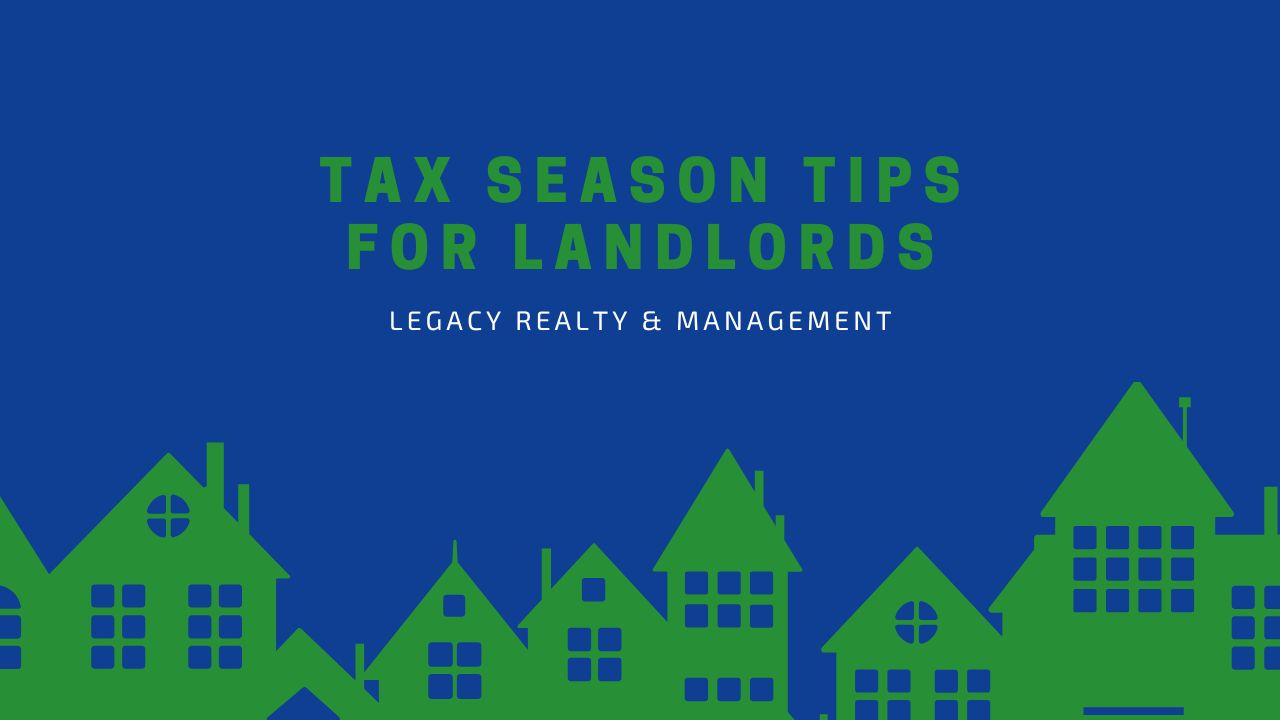
Key Takeaways
- Maximize Deductions: Landlords can save money by claiming deductions like depreciation, insurance premiums, and repair costs.
- Keep Organized Records: Maintaining detailed records of expenses, income, and legal documents is crucial for accurate tax filing.
- Know Your Filing Requirements: Different ownership structures (individual, co-ownership, or business) require specific IRS forms.
- Consider Professional Help: Hiring a property management company can simplify tax filing and help avoid costly mistakes.
As a rental property owner, you must report all rental income on your tax return. According to the IRS, rental income includes not just regular rent payments, but also advance rent, security deposits (if not returned to the tenant), lease cancellation fees, tenant-paid expenses, and any goods or services received instead of rent.
Taxes can be complex for both new and experienced landlords. Even a small mistake could hurt your rental business financially.
With recent challenges like the pandemic, increasing rental rates , and the end of eviction moratoriums, it's more important than ever to maximize your tax deductions and find ways to lower your tax burden.
Here are the best tips to help maximize your tax return from Legacy and Realty Management!
About Us
Key Tax Deductions
While rental property owners can't avoid taxes, the IRS provides several deductions that can help reduce taxable income. Taking advantage of these deductions can lead to significant savings and boost your overall profitability.
Key deductions include:
- Depreciation: Deduct a portion of your property's cost each year to account for wear and tear. Applies to the building and certain improvements like appliances or structural changes.
- Insurance Premiums: Deduct the cost of insurance policies related to the rental property, including flood, liability, and general property insurance.
- Repair Costs: Deduct the cost of necessary and reasonable repairs, such as fixing plumbing leaks, replacing broken windows, or repairing electrical systems. Improvements that add value must be capitalized instead.

Understanding and properly applying these deductions can make a big difference during tax season. Staying organized and consulting a tax professional when needed can help you maximize savings and protect your rental business.
Consider COVID-19 Relief and Resources
The pandemic has altered the way landlords manage their properties, with virtual property tours becoming a norm for showings.
The COVID-19 pandemic also introduced various challenges for property owners, including rent reductions and eviction moratoriums. Independent landlords who manage small rental units only earned half of their usual rental income during the pandemic.
In 2021, a COVID-19 relief package provided $25 billion in rental aid, enabling landlords to apply for funding on behalf of their tenants.
Landlords can access additional resources for navigating post-pandemic challenges through Benefits.gov, which offers webinars and news updates focused on the ongoing challenges.
Keep Essential Records for Tax Season
As a landlord, maintaining well-organized records is essential for a stress-free tax filing process. Having your rental property documents readily accessible not only saves time but also ensures you can accurately track expenses, identify eligible deductions, and avoid costly mistakes when filing your taxes.

Landlords should maintain the following important tax records:
- Lease Agreements: Confirm lease agreement terms and income for each rental unit.
- Legal Documents: Include inspection reports, fines, and court records to support deductions or resolve disputes.
- Property-Related Permits: Show that your property meets local regulations.
- Insurance Policies: Provide proof of coverage against property-related risks.
- Loan Documents: Include mortgage agreements and other financing paperwork for financial tracking.
- Filed Tax Returns: Previous years' returns help with calculating deductions and maintaining accurate records.
- Advertising and Marketing Expenses: Track costs related to listing and promoting your rental property.
- Mortgage Interest Statements: Show the amount of mortgage interest paid during the tax year.
- Legal Fee Records: Document payments made to attorneys for rental-related legal matters.
- Repair Receipts: Keep track of maintenance and repair costs.
- Rent Payment Records: Record all monthly rent payments collected from tenants.
- Utility Payment Receipts: Store receipts if you cover utilities for the rental property.
Keeping these records organized throughout the year can make tax season much smoother and help ensure you maximize your allowable deductions.
Filing Taxes Based on Ownership Status
Landlords also need to consider their ownership status when filing taxes.
.jpg)
- Individual Ownership: If you own the rental property as an individual, you must file IRS Schedule E, Supplemental Income and Loss, to report your rental income and deductions.
- Co-Ownership: If you co-own the property, each co-owner must report their share of the income and deductions on their individual tax returns. Schedule E should be used, and the ownership share is typically defined by the deed.
- Business Ownership: If you own the rental property through a business entity, such as an LLC or S Corporation, you must file the IRS Form 8825, Rental Real Estate Income and Expenses of a Partnership or an S Corporation, to report income and deductions.
Contact Us Today!
Bottom Line
Filing taxes can be overwhelming, but you don’t have to face it alone. Many landlords choose to hire a property management company to help with tax filing and financial reporting.
Property management firms, like Legacy Realty and Management , are well-versed in the ins and outs of rental property taxes and can ensure accurate reporting. In addition to tax-related services, property managers can also assist with marketing vacant units, collecting rent on time, screening tenants, and handling maintenance tasks.
With our expertise, you can reduce the risk of losing money due to tax mistakes, turnover, evictions, or late rent payments. We can also provide you with detailed financial reports, helping you monitor the performance of your rental property and maximize your profits.
Partner with a trusted property management company today to simplify tax season and maximize your rental income. Contact Legacy Realty & Management today to learn about our services!
